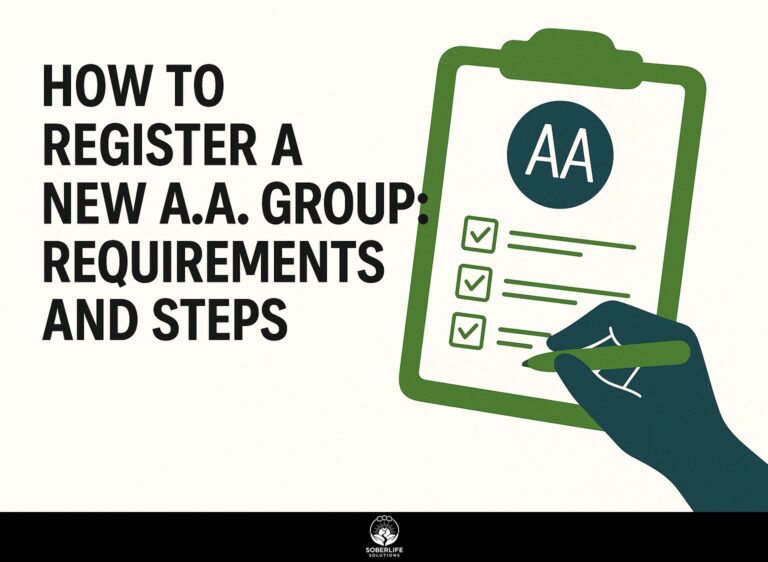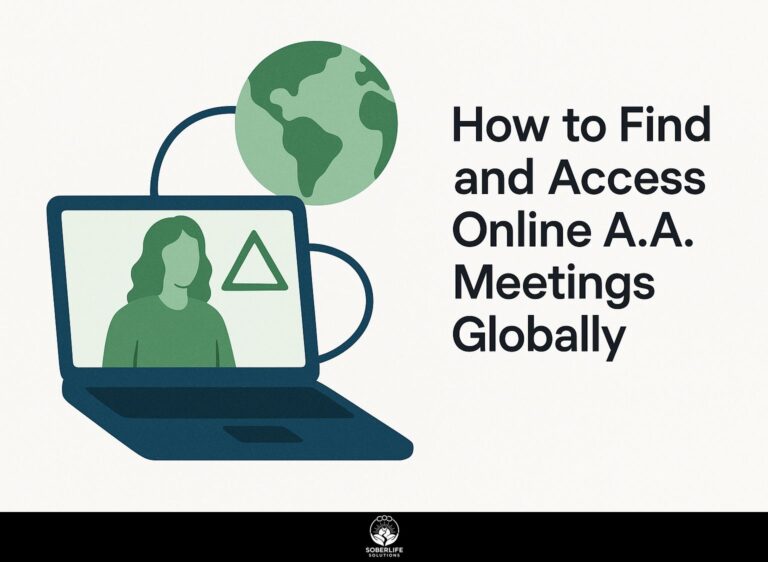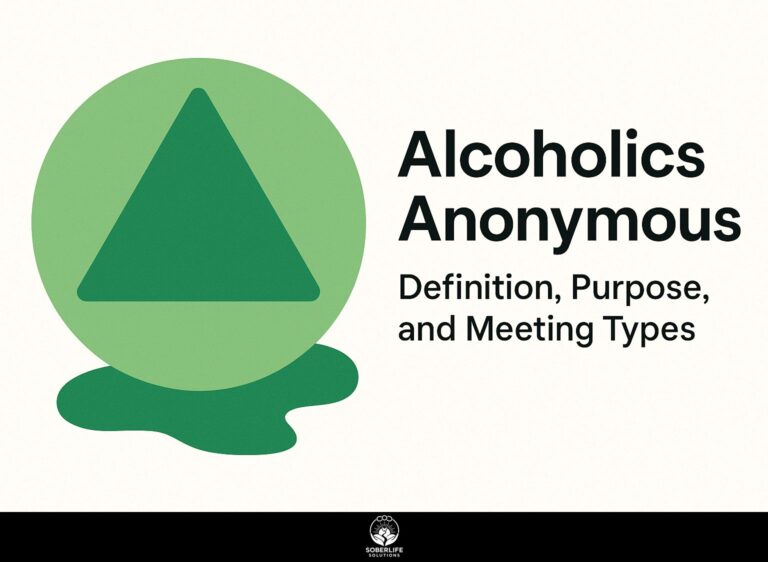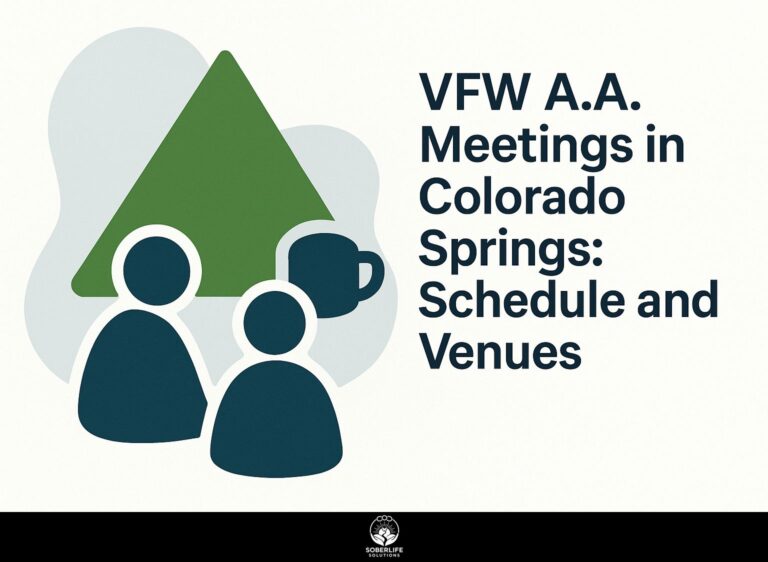Online Intergroup: Definition, Benefits, and How to Join
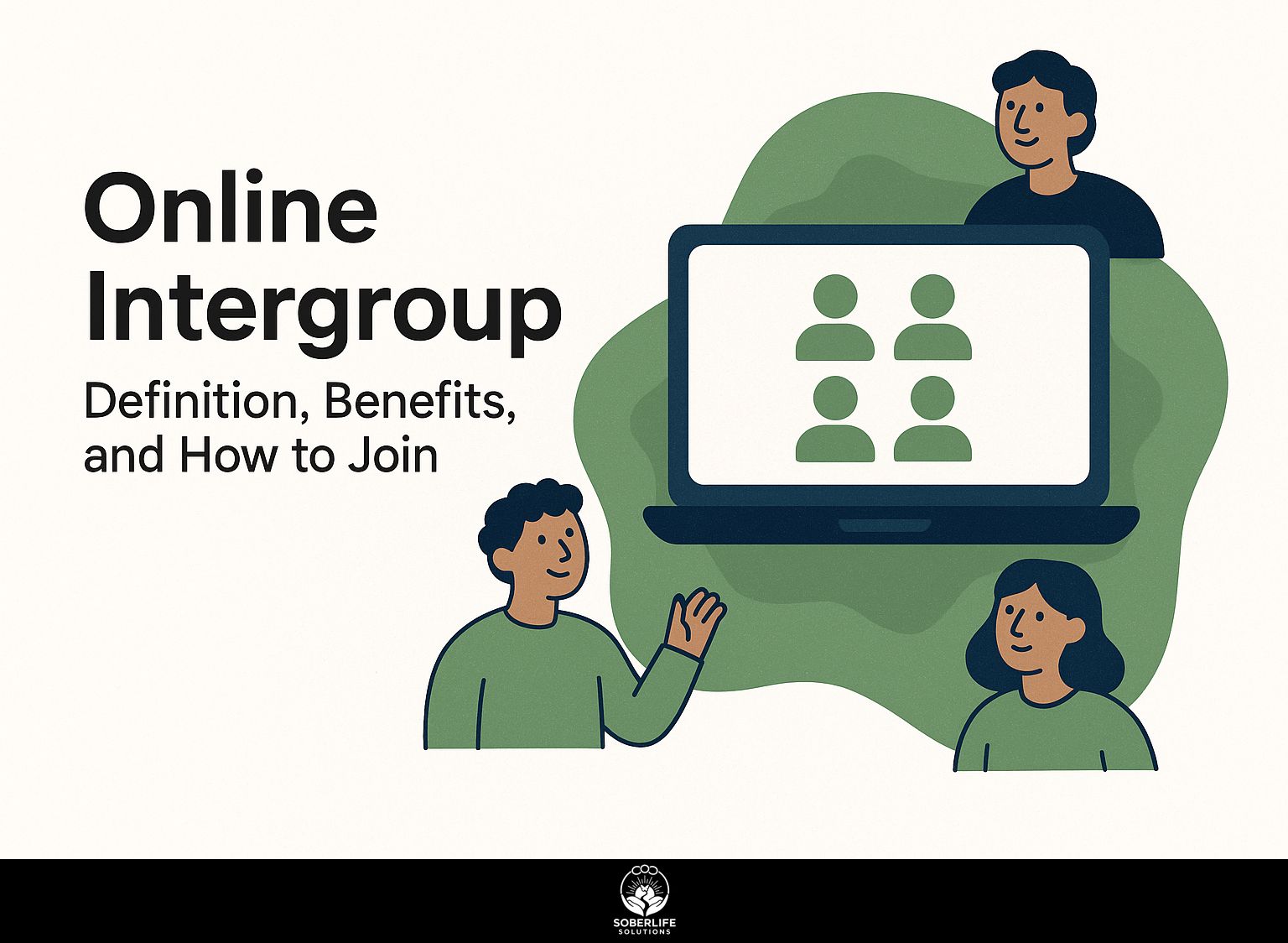
After the coronavirus pandemic, many people dealing with alcoholism have started attending online meetings, which have become an important support system through Alcoholics Anonymous and the Online Intergroup of Alcoholics Anonymous (OIAA). These virtual meetings provide support during social distancing and help build community and connection. In this article, we’ll discuss what online intergroups are, the advantages they offer, and how you can join them to support your recovery during COVID-19 challenges.
Key Takeaways:
Definition of Online Intergroups
Online groups are virtual gatherings where people can join recovery meetings and talks through Alcoholics Anonymous and other support groups.
These groups effectively use platforms like Zoom to allow members from anywhere to connect and share experiences. For instance, many intergroups schedule regular meetings, enabling participants to choose times that fit their routines.
Features like breakout rooms help maintain intimacy during discussions, while chat functions encourage sharing resources and support materials.
To help those who can’t attend meetings, some groups provide recordings so that important details are always within reach. This flexibility helps build a sense of togetherness for members, no matter where they are.
Historical Context
The evolution of online intergroups can be traced back to the early 2000s, but their necessity surged dramatically during the COVID-19 pandemic, leading to a 300% increase in virtual AA meetings.
This change shows a wider pattern in member involvement, as many groups reported higher participation rates and better access, especially for those with mobility difficulties.
For instance, before the pandemic, online meetings attracted approximately 2,000 participants weekly; this number soared to 8,000. Platforms like Zoom and Google Meet became important tools for these meetings, allowing people to talk live and connect across different locations.
The ease and benefits of online meetings have led many groups to keep virtual options available, showing a permanent shift in how communities interact, as highlighted by Yahoo Lifestyle.
Benefits of Online Intergroups
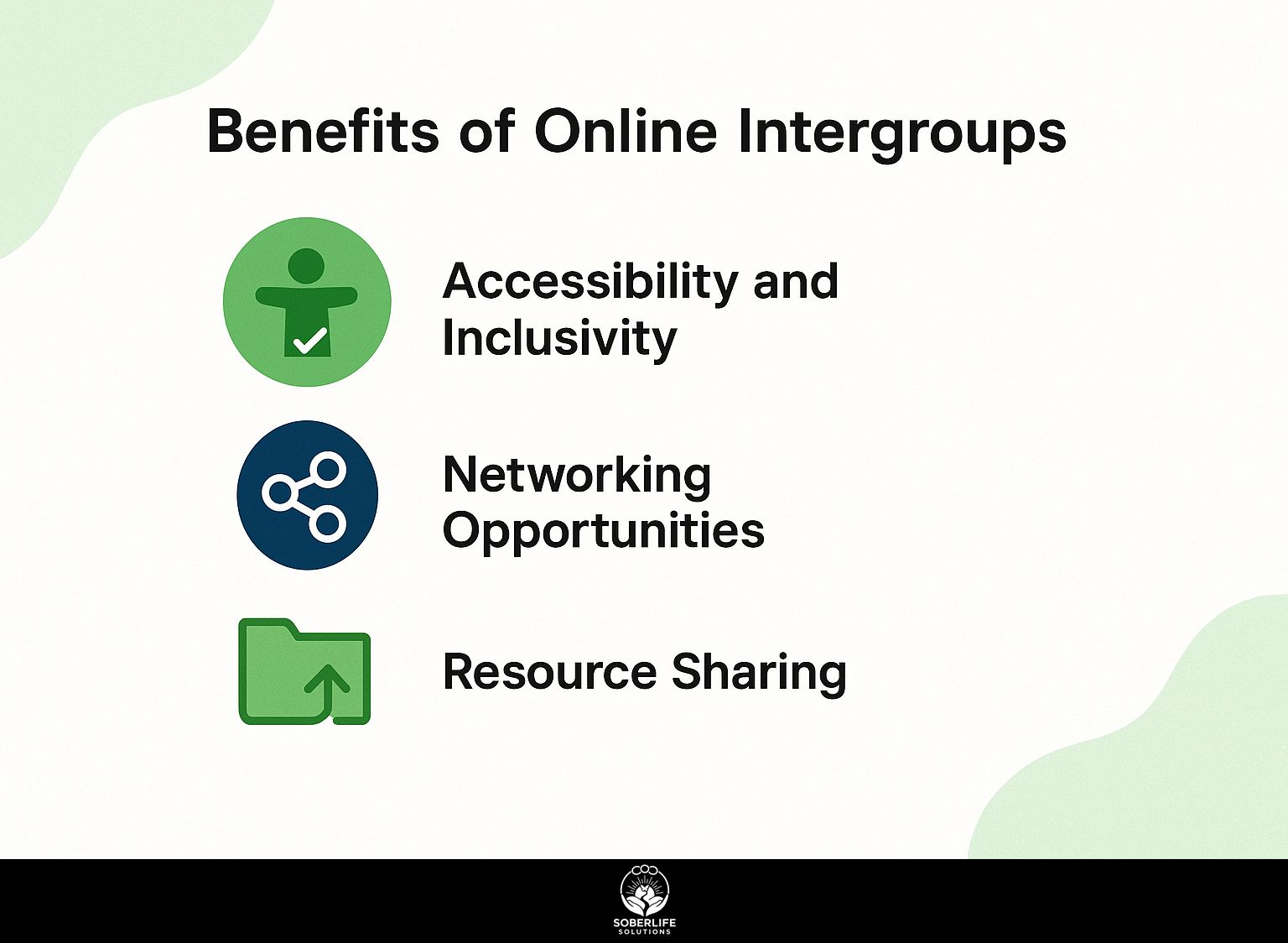
Online intergroups provide great benefits, especially in accessibility and inclusivity, allowing more people from different backgrounds to access recovery resources. The principles of inclusive support are further explored in our guide to SMART Recovery: Principles and Benefits.
Accessibility and Inclusivity
Online intergroups break down geographical barriers, providing support to individuals in rural areas who may face difficulties accessing traditional AA meetings.
This newfound accessibility is especially beneficial for marginalized groups. For instance, platforms like Zoom and Facebook Groups facilitate remote meetings, allowing LGBT individuals to join safe spaces without disclosing their identities.
During the pandemic, online resources surged; AA’s virtual meeting directory listed thousands of meetings globally, accommodating various time zones and schedules. Apps like Sober Grid allow users to connect anonymously, building a sense of belonging and support no matter where they are located.
These tools help people stay sober while focusing on their comfort and safety.
Networking Opportunities
Online groups create special chances to network, letting members meet people outside their local area, have important conversations, and build long-term connections.
Special meetings like online book clubs, professional gatherings, or hobby groups can greatly improve these relationships.
For example, a monthly online book club could bring together book lovers who want to discuss ideas, building a friendly group.
Similarly, professional forums on platforms like LinkedIn provide industry-specific discussions, connecting members with peers and potential mentors. Participating in these interactions builds a sense of community and helps people collaborate on projects and make friendships that last, even when they are far apart. For an extensive analysis of this trend, our comprehensive study on the benefits of peer support groups explores how these forums can foster deeper connections and ongoing support.
Resource Sharing
People in online groups can share important resources, such as the Big Book, along with tools for personal development and methods for recovery.
These platforms provide important books and create a community for ongoing help.
For example, websites like Sober Recovery and In The Rooms offer directories for local meetings, links to educational materials, and forums for sharing experiences.
Members participate in conversations, offering support and responsibility, which is important for recovery.
Using these resources links people to a larger support system, reminding them they are not alone in their experiences.
Types of Online Intergroups
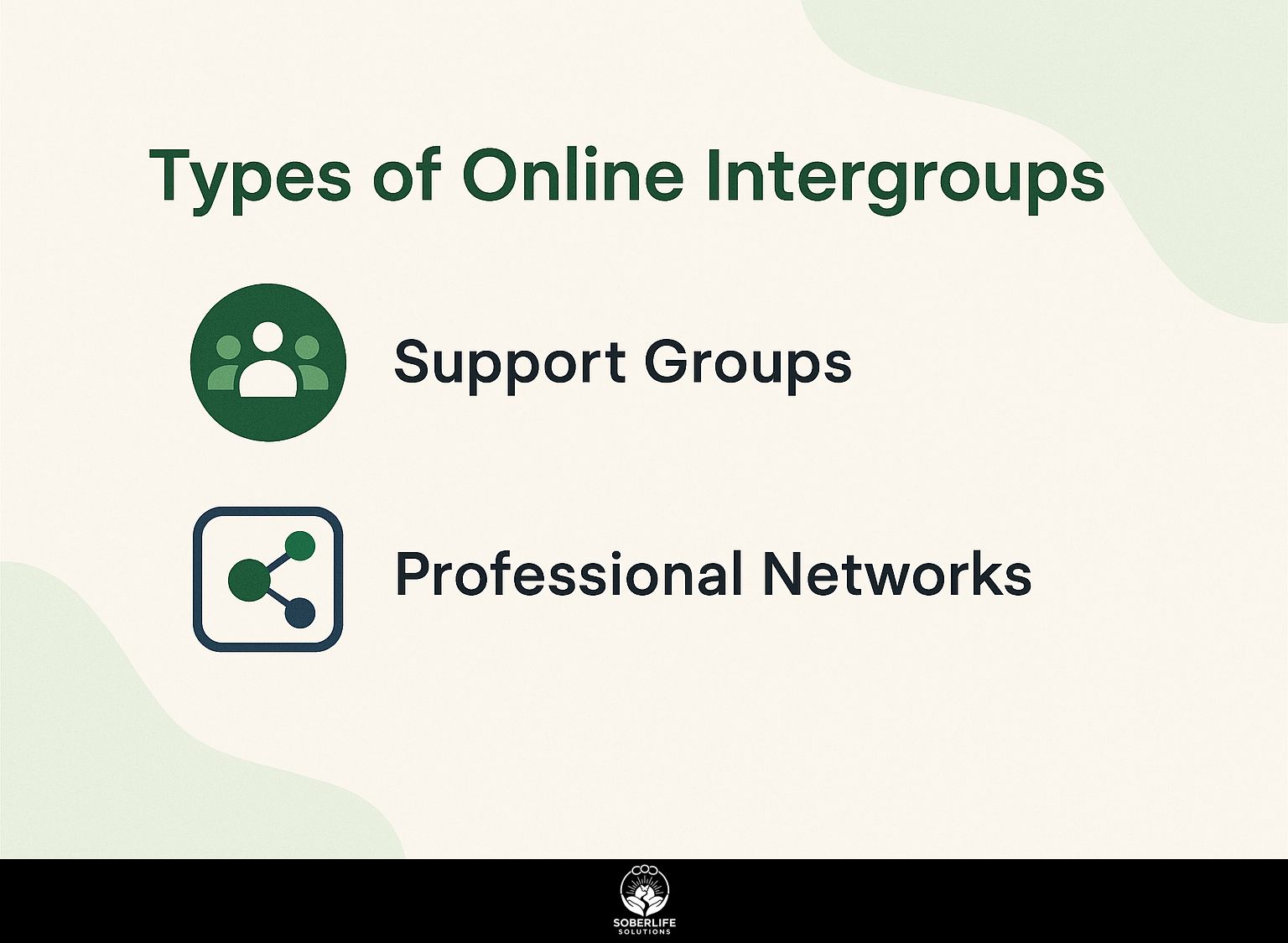
There are different kinds of online communities, each serving various purposes, from general support groups to specialized professional networks focused on group healing. A notable trend is the rise of virtual recovery groups, which are increasingly popular for their accessibility and effectiveness.
Support Groups
Support groups are essential for online intergroups, offering a space for people to talk about their experiences, problems, and achievements in recovery.
These groups can take various forms, enhancing the support experience. For instance, discussion groups enable real-time conversation, allowing participants to ask questions and receive immediate feedback.
Mentorship programs connect newcomers in recovery with those who have more experience, helping to build strong relationships and provide individual support. Some online platforms, like Zoom or Discord, facilitate these interactions effectively.
Creating dedicated forums or chat rooms promotes ongoing dialogue, helping members feel less isolated in their struggles. Each format serves to build community and strengthen the recovery process.
Professional Networks
Professional networks within online intergroups connect individuals in the addiction treatment field, promoting collaboration and sharing of best practices.
These networks improve recovery methods by providing resources like webinars, online training sessions, and peer support groups.
For example, the Addiction Professionals Network often hosts monthly webinars featuring experts discussing emerging treatment modalities. Platforms like LinkedIn have specialized groups where practitioners share case studies and strategies, which some leading researchers in the field at Nature suggest are crucial for supporting recovery from substance addiction.
Joining these talks can present new tools and methods, allowing experts to remain informed and use effective approaches in their work.
Working with these networks creates a team-focused setting that improves the services provided and results for clients.
How to Join an Online Intergroup
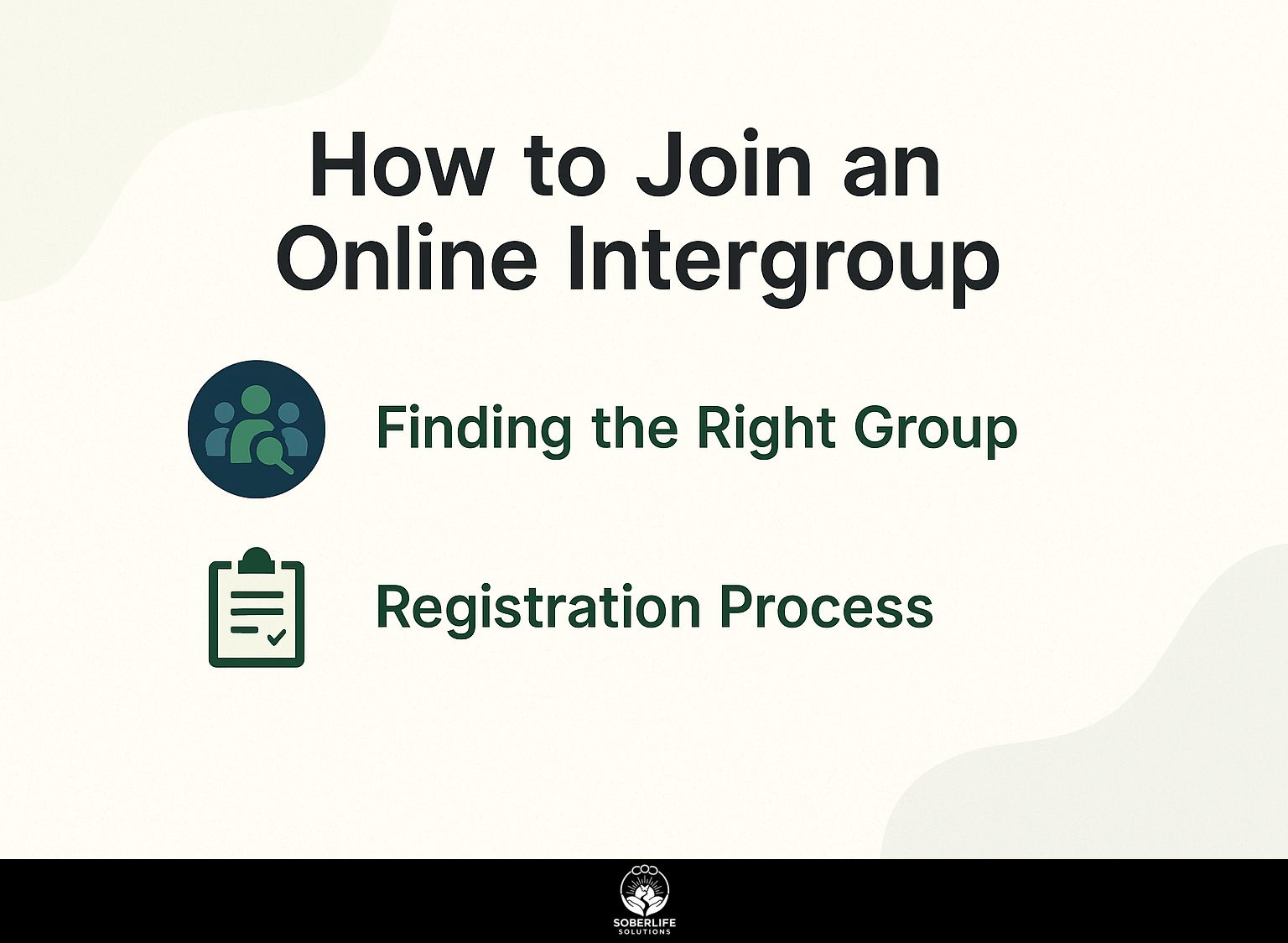
Joining an online support group is simple and can significantly improve your support system and recovery process. For those interested in Alcoholics Anonymous, implementing this can be guided by our step-by-step guide for newcomers, which offers practical tips and advice.
Finding the Right Group
To choose the right online support group, people should think about their own needs and recovery goals to make sure it matches well with them.
It’s beneficial to assess a few key factors when choosing an online intergroup. Start by identifying your specific recovery needs-are you looking for support related to alcohol, drugs, or another issue?
Next, look for groups that cater to different communities, like those welcoming LGBTQ+ members or those that follow the 12 Steps. Consider the communication style-some groups may feature live chats while others focus on forums or video meetings.
Look at reviews or testimonials to see how well the group helps people and if it matches your path to getting better. Understanding different types and benefits of support groups, as outlined by HelpGuide, can further aid in making an informed decision.
Registration Process
Most online intergroups require a simple registration process, often involving quick sign-up forms and a verification email.
To register, typically visit the intergroup’s official website and locate the registration section. You’ll generally need to provide essential information, including your name, email address, and sometimes a username.
After submitting the form, check your inbox for a verification email and click the link to confirm your account.
Popular platforms for hosting such meetings include:
- Zoom
- Google Meet
Both of which allow seamless scheduling and joining. For additional accessibility, many groups also offer meetings via Facebook or Skype.
Best Practices for Participation
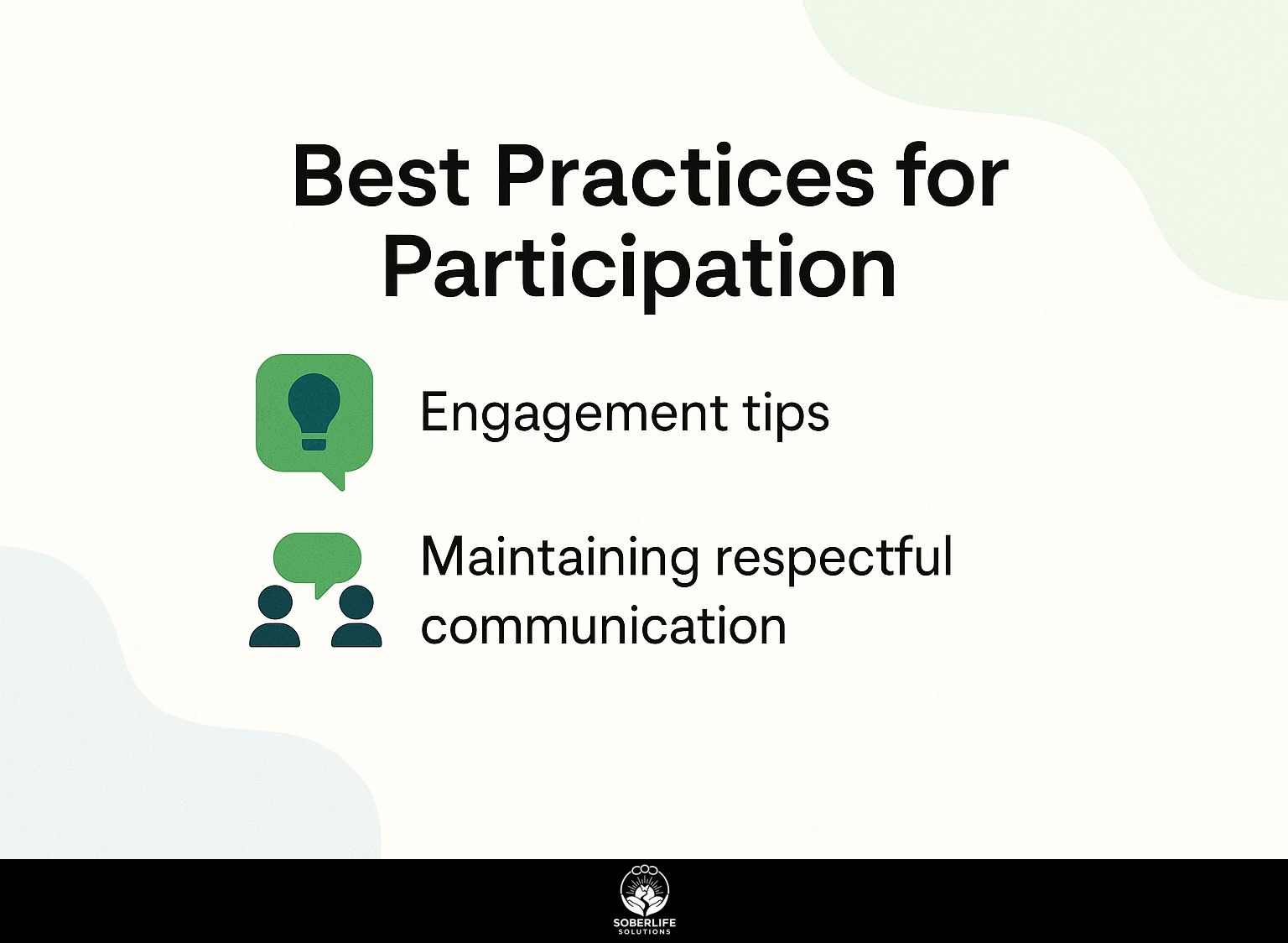
Joining online groups can really help with personal growth and staying responsible during recovery. To make the most of your recovery journey, it’s worth considering the benefits of being part of a supportive community. Learn more about how the Soberistas community can assist you in your recovery.
Engagement Tips
Participating actively in online groups can increase support and build relationships with other members dedicated to recovery.
To join in, start by sharing personal stories that connect with others and build community.
Always ask open-ended questions during discussions to get more detailed answers and build relationships.
Use tools like Zoom or Discord for planned group calls, encouraging live interaction.
Consider setting up a dedicated social media group where members can share resources and provide daily encouragement.
Participating regularly and genuinely connecting will improve the experience for you and others, building a dependable network of support.
Maintaining Respectful Communication
Polite communication is important for creating a supportive and safe space in online groups, especially when discussing addiction.
To maintain respectful dialogue, begin by practicing active listening. This involves fully concentrating on the speaker, asking clarifying questions, and reflecting back what you’ve heard.
Avoid judging others; appreciate that each person’s experiences matter. Concentrate on learning from one another. Following group rules is important-clearly state what behavior is expected from the start.
For example, set a rule to prevent interruptions or make a policy that encourages open sharing so everyone feels heard.
By using these strategies, group members can create a more welcoming and supportive environment.
Frequently Asked Questions
1. What is an Online Intergroup?
An Online Intergroup is a virtual platform where members of a particular organization or community can come together to discuss and support each other in their shared goals and experiences.
2. What are the benefits of joining an Online Intergroup?
Participating in an Online Intergroup can help you feel part of a community, offer support, and give access to useful resources and information. It also allows members to connect with others who share similar interests and experiences.
3. How can I join an Online Intergroup?
To join an Online Intergroup, you can typically find and join through the organization’s website or social media pages. Some may require a membership or registration process.
4. Are Online Intergroups only for specific organizations?
No, Online Intergroups can be formed for various organizations, communities, or even for general topics of interest. Anyone can create or join an Online Intergroup as long as they have a shared purpose or goal.
5. Can I participate in an Online Intergroup anonymously?
It depends on the organization and their policies. Some Online Intergroups may allow anonymous participation while others may require members to use their real names.
6. Are there any fees associated with joining an Online Intergroup?
The fees associated with joining an Online Intergroup may vary depending on the organization. Some may require a membership fee, while others may be free to join. It is best to check with the organization beforehand.

